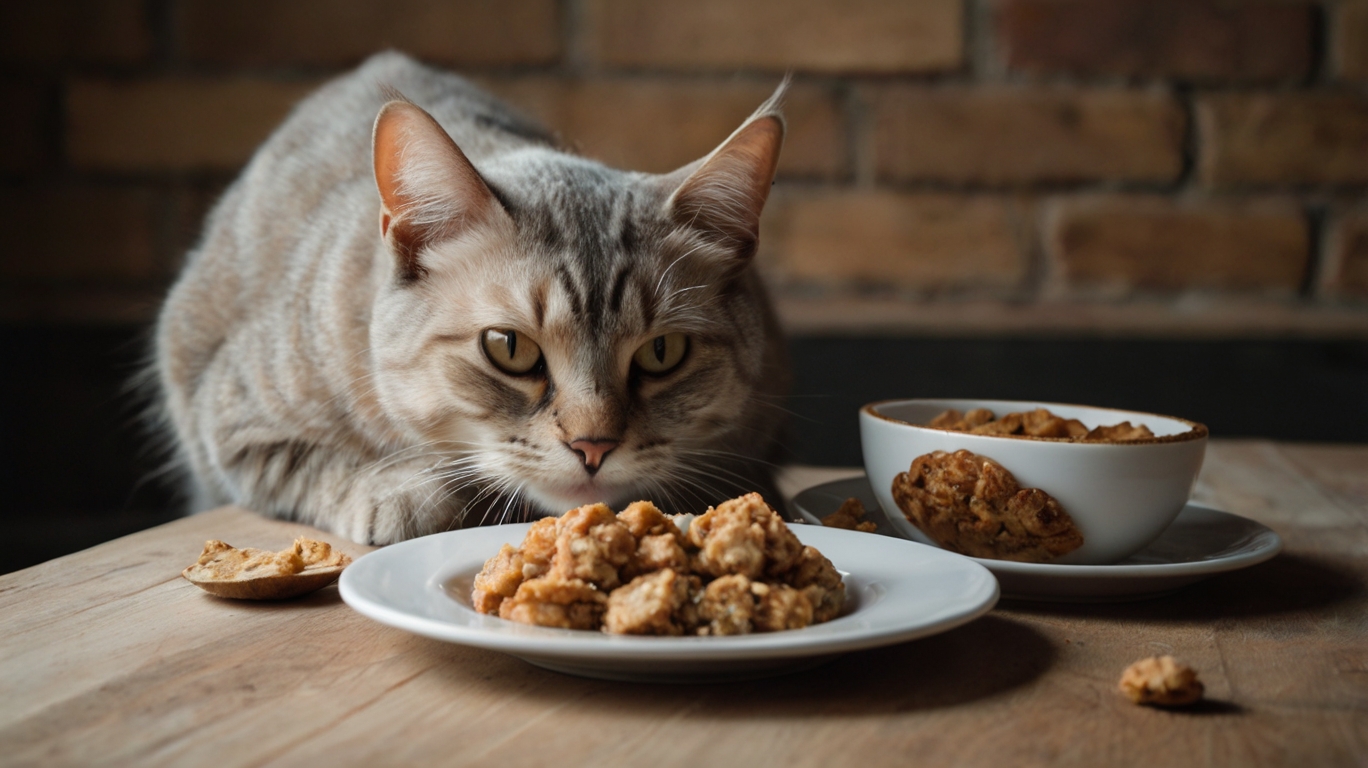When your cat suddenly refuses to eat, it’s natural to worry. Unlike dogs, cats can face serious health issues within 24 hours of not eating. This makes it crucial to address the problem quickly. Knowing the right solutions can help your cat recover faster.

Why Your Cat’s Refusal to Eat is Serious
A cat’s loss of appetite isn’t just picky behavior; it can indicate health problems. When cats stop eating, they break down fat for energy. This process needs protein, and without food, protein stores get depleted quickly.
This can lead to hepatic lipidosis, or fatty liver disease. The liver struggles to process fat without enough protein, risking liver failure. Overweight cats are at even higher risk if they stop eating for too long.
Cats have a shorter timeline than many owners think. While dogs can skip meals for a day or two, cats shouldn’t go without food for more than 24 hours. Older cats or those with health issues may need veterinary help within 12 hours of refusing food.
Common Reasons Your Cat Stops Eating
Understanding why your cat isn’t eating helps find the right solutions. Here are some common reasons:
- Medical Issues: Kidney disease is common in older cats and can cause nausea. Dental problems like tooth pain or gingivitis can make eating painful. Upper respiratory infections can dull a cat’s sense of smell, making food less appealing.
- Environmental Stressors: Cats thrive on routine. Changes like moving the litter box or introducing new pets can stress them out and lead to appetite loss.
- Recent Medical Procedures: Vaccines, medications, or vet visits can temporarily suppress appetite. These effects usually last 24-48 hours.
- Food-Related Issues: Spoiled food, dirty bowls, or sudden changes in diet can turn cats off their meals. Switching between wet and dry food too quickly can also cause temporary food aversion.
Immediate Solutions When Your Cat Won’t Eat
When your cat won’t eat, try these strategies to encourage them:
- Enhance Food Appeal: Warm wet food slightly to boost its aroma. Offer small amounts of different textures and flavors. Strong-smelling options like tuna juice or low-sodium chicken broth can entice them.
- Create an Optimal Environment: Keep food and water bowls clean and away from litter boxes. Some cats prefer to eat alone; observe their habits and adjust accordingly.
- Try Hand-Feeding: Gently offer small amounts of food on your finger. This can help a cat that isn’t feeling well, especially if you use wet food or treats they like.
- Offer Variety: If your cat usually eats dry food, try wet food with gravy. For those that eat wet food, explore different flavors or brands. A simple change can overcome their aversion.
When to Seek Emergency Veterinary Care
While some appetite changes can be managed at home, certain signs need immediate vet attention. Contact your veterinarian if your cat hasn’t eaten for 24 hours or if you notice:
- Vomiting or diarrhea
- Lethargy or hiding
- Difficulty breathing
- Yellowing of eyes or gums
- Signs of dehydration (like skin tenting or dry gums)
- Trouble urinating
Older cats need special care, as their health can decline faster. They should be evaluated within 12-18 hours of refusing food.
Long-term Feeding Strategies
To prevent future appetite issues, establish healthy feeding routines and watch for early signs:
- Consistent Schedules: Feed your cat at the same times each day. This helps regulate their digestion and allows you to notice changes quickly.
- Environmental Management: Keep feeding areas clean and quiet. Multiple cats might need separate spaces to reduce stress.
- Regular Health Monitoring: Schedule routine vet checkups to catch health issues early. Dental cleanings and blood work can prevent many conditions that affect appetite.
- Gradual Food Changes: Change foods slowly over 7-10 days to avoid digestive upset. Mix more new food with less old food gradually.
Understanding these solutions helps you respond when your cat’s appetite changes. While some situations can be managed at home, don’t hesitate to contact your vet if you feel your cat’s health is at risk. Early action can prevent minor issues from becoming serious, keeping your cat healthy.